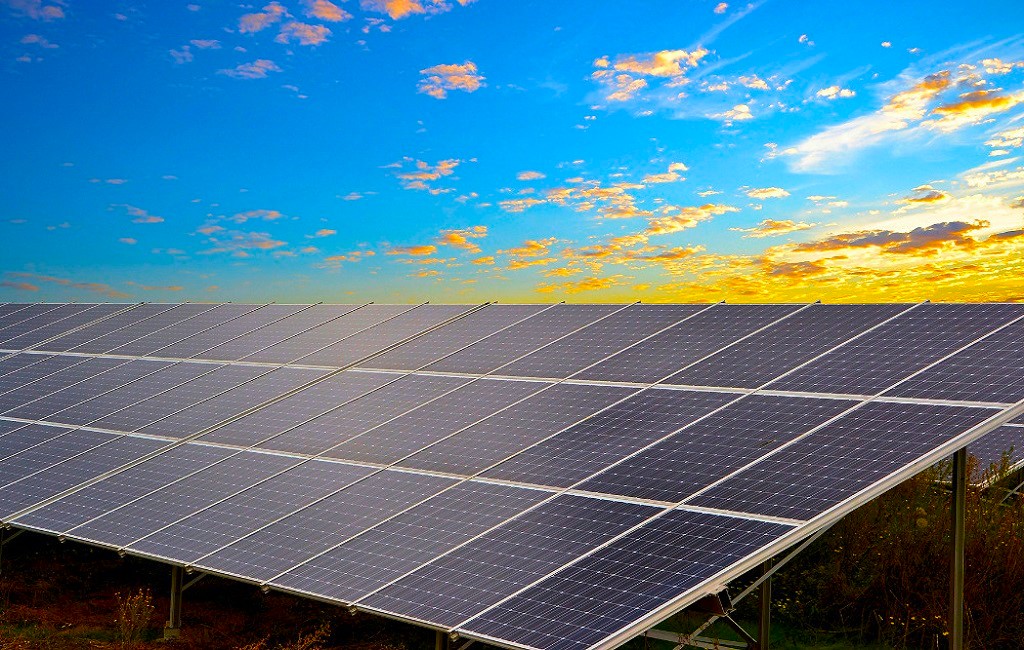
02 Apr Emerging Trends in Solar Energy Adoption and Sustainability
Transitioning toward renewable energy sources is not merely a trend but a necessary shift for global sustainability. As a critical player in this domain, solar energy has become vital to this transformation, gaining traction through continuous advancements and increasingly accessible technology.
The solar industry’s growth reflects a collective recognition that the current trajectory of energy consumption is unsustainable. With the sun as a near-infinite power source, ingenious methods are being developed and implemented to capture solar energy more efficiently. This growth leads us towards a more sustainable lifestyle while spurring economic benefits and fostering environmental stewardship.
Key Takeaways:
- Technological advancements in solar panel efficiency are reducing costs and expanding accessibility.
- The development of the solar business benefits the environment and makes a significant contribution.
Introduction to Solar Energy and Sustainability
With an increasing global population and consequential energy demand, sustainable energy solutions like solar power are more important than ever. This form of energy derives directly from the sun, a star that ancient civilizations have worshiped and now holds the key to the modern world’s energy problem. Unlike finite non-renewable resources, which can cause severe environmental damage, solar energy presents an abundant, clean alternative. Adoption rates rapidly increase globally as technology becomes more advanced and affordable and the collective consciousness shifts toward environmental preservation. Firms like SunStyle embody the innovation and quality that drive the industry forward, yet the broader narrative encompasses far more, spanning policy, technology, and the imperative for societal change.
Technology Advancements in Solar Panels
The solar sector has witnessed a remarkable evolution in its technology, drastically enhancing the efficiency and function of solar panels. Solar panels were an expensive and inefficient alternative to conventional power sources only a few decades ago. They have become a cost-effective solution for many, thanks to revolutionary developments in materials and manufacturing processes. These upgrades are pivotal for the environmental benefits they provide and the economic impact on the market, driving down costs and enabling competitive pricing for consumers. Recent breakthroughs, such as the new solar panel designs, indicate a future where solar cells might be integrated into every facet of our built environment.
Solar Energy in Residential Areas
Homeowners are using solar panels more and more frequently as a means of reducing their energy costs and helping the environment. Around the world, rooftop solar installations are becoming more and more commonplace. These residential systems provide a sustainable energy source and offer significant returns on investment through reduced utility bills and potential tax incentives. Known as photovoltaic (PV) systems, these residential solar arrays are becoming more user-friendly, with intelligent technology integration allowing homeowners to monitor and adjust their energy consumption effortlessly.
Large-Scale Solar Installations
The scope of solar energy applications is massive, extending far beyond individual consumer use. Large-scale solar installations, sometimes stretching over acres of land, are becoming more frequent. They can generate megawatts of electrical power, contributing significant proportions of electricity to national grids. Innovations in energy storage, such as battery systems capable of holding vast amounts of solar power, are solving the issue of supply continuity, even when the sun sets. Utility-scale solar farms provide a significant source of clean energy and set a standard for industrial power generation through renewable sources.
Solar Energy and Environmental Impact
Making the switch to solar energy has major environmental advantages as well. Despite the substantial advantages, the industry must address the end-of-life phase of solar panels. Concerns regarding waste and recycling need to be met with sustainable solutions to solidify solar power’s position as a truly green energy source. Initiatives directed toward the end-of-life management of solar panels, like the turning tides on solar panel recycling, address these challenges and pave the way for a more circular economy within the solar industry.



Sorry, the comment form is closed at this time.